Subscribe to NutritionFacts.org’s free newsletter to receive our B12 infographic that covers the latest research takeaways and Dr. Greger’s updated recommendations: https://nutritionfacts.org/subscribe/ DESCRIPTION: What does the best available science say about the role multivitamins may play in heart disease, cancer, and longevity? Multiple studies demonstrate the use of multivitamins may be superfluous. I’ve previously addressed multivitamins in my videos Are Multivitamins Good For You? (http://nutritionfacts.org/video/are-multivitamins-good-for-you/) and Multivitamin Supplements and Breast Cancer (http://nutritionfacts.org/video/multivitamin-supplements-and-breast-cancer/) (with a follow-up in my Q&A Is multivitamin use really associated to an increased risk of breast cancer?, http://nutritionfacts.org/questions/is-multivitamin-use-associated-to-a-risk-of-breast-cancer/). I also touched on potential risks in Dietary Theory of Alzheimer’s (http://nutritionfacts.org/video/dietary-theory-of-alzheimers/). With the exception of vitamins D and B12 (Vitamin Supplements Worth Taking, http://nutritionfacts.org/video/vitamin-supplements-worth-taking/), we should strive to get our nutrients from produce, not pills. As new studies and meta-analyses on multivitamins come out, my take-away message remains the same: getting our nutrients from fruits and vegetables—not pills—appears to serve us better. You can learn more from my video on past research on multivitamins here: Are Multivitamins Good For You? (http://nutritionfacts.org/video/are-multivitamins-good-for-you/). Multivitamins seem to increase women’s risk of breast cancer: Multivitamin Supplements and Breast Cancer (http://nutritionfacts.org/video/multivitamin-supplements-and-breast-cancer/). I discuss this research more while answering a reader’s question in an associated blog post: Is multivitamin use really associated to an increased risk of breast cancer? (http://nutritionfacts.org/questions/is-multivitamin-use-associated-to-a-risk-of-breast-cancer/). Other dietary supplements might not be much better. I created a three part series on it: • Dietary Supplement Snake Oil (http://nutritionfacts.org/video/dietary-supplement-snake-oil) • Heavy Metals in Protein Powder Supplements (http://nutritionfacts.org/video/heavy-metals-in-protein-powder-supplements/) • Some Dietary Supplements May Be More Than a Waste of Money (http://nutritionfacts.org/video/some-dietary-supplements-may-be-more-than-a-waste-of-money/) Have a question for Dr. Greger about this video? Leave it in the comment section at http://nutritionfacts.org/video/should-we-take-a-multivitamin/ and he’ll try to answer it! Image Credit: stevendepolo, Clean Wal-Mart, theseanster93, and Carsten Schertzer via Flickr. https://NutritionFacts.org • Subscribe: https://nutritionfacts.org/subscribe • Donate: https://nutritionfacts.org/donate • Podcast : https://nutritionfacts.org/audio • Facebook: www.facebook.com/NutritionFacts.org • Twitter: www.twitter.com/nutrition_facts • Instagram: www.instagram.com/nutrition_facts_org • Books (including the NEW How Not to Diet Cookbook): https://nutritionfacts.org/books • Shop: https://drgreger.org
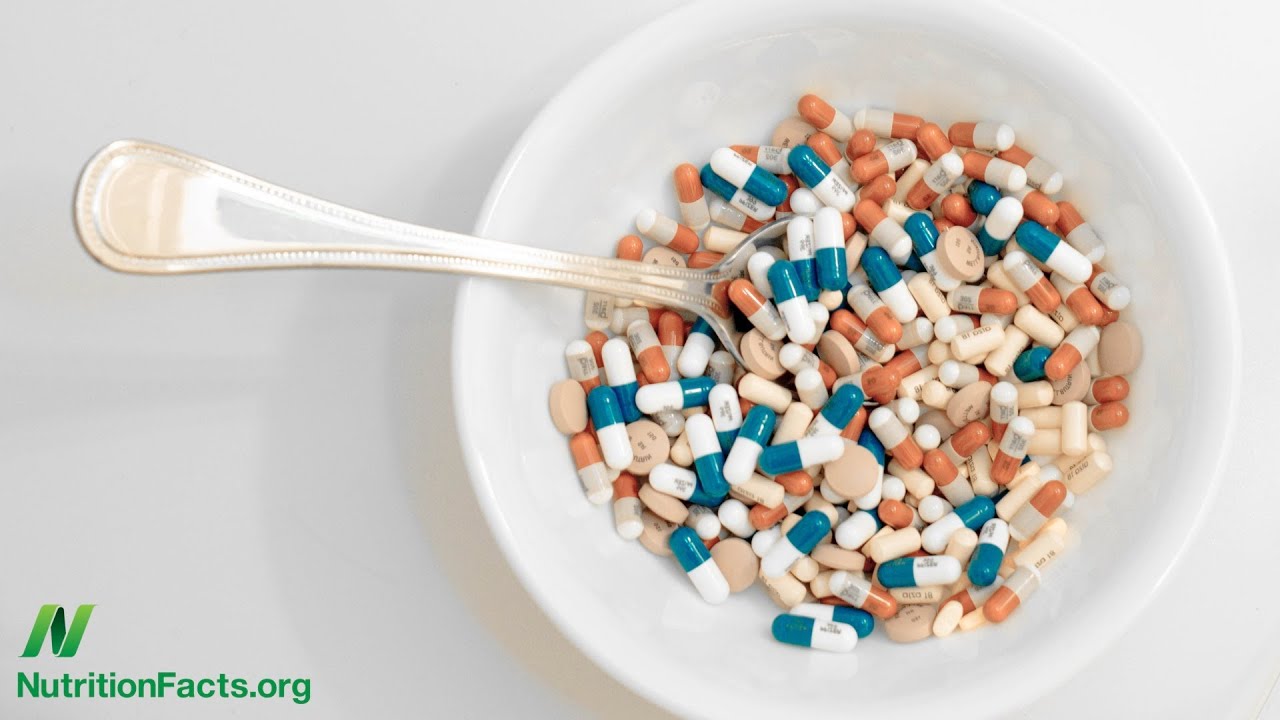
Should We Take a Multivitamin?
- Post author:
- Post published:May 26, 2021
- Post comments:0 Comments
You Might Also Like

Overhead Press Dumbbells-7

Cable Lateral Raise – Cable Side Raise – HASfit Shoulder Exercise Demonstration – Medial Deltoid

Nutrition Physiology Video – 2

liver test at home

How to Stretch Quads

What To Eat Before And After Your Workout To Maximize Fat Loss – With Thomas DeLauer

History Of Medicine Video – 3

Daily Protein Requirements

Neurological Physiotherapy Video – 1
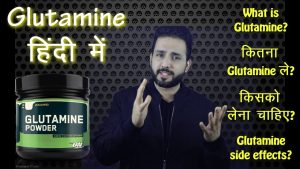
Things you must know before taking Glutamine Supplements | HINDI
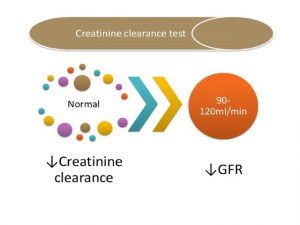
RENAL FUNCTION TEST

Belly Fat

Branches of Physiotherapy Video – 27

What is a head injury?

Neurological Physiotherapy Video – 2

What is BMI (Body Mass Index)?

ENT Surgery Video – 2

Anabolic and Catabolic Cycles

How To Cool Down After Exercise

What can cause kidney damage?
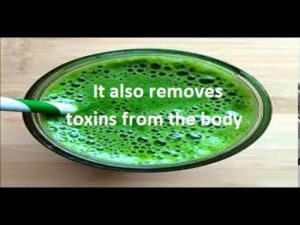
Celery and lemon Drink The Quickest Way to Burn fat and Lose Weight

Meditation Video – 3

Calf Exercises for Men : Exercises for Staying Fit
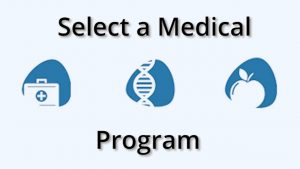
Telemedicine for Erectile Dysfunction – Tadalafil and Sildenafil

Adductor Machine-6

Triceps Dips-8
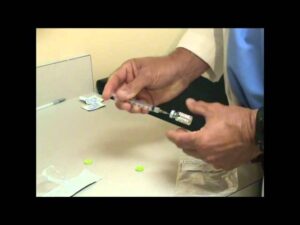
How to Inject HGH Demonstrated by Dr. Robert Carlson

मोटे होने की सबसे बढ़िया दवा // Neurobion Forte tablets // b-complex tablets //

How long can you live on dialysis with kidney failure ?

Biological Psychiatry Video – 2

Gymnastics Video – 3

Dentistry Video – 2

Lateral Raises with Dumbbells for Women – Shoulder Exercises

Lateral Raises-1
![Read more about the article Pantoprazole; Errors, Side Effects, & What to Do [Doctor Interview]](https://videos.drmaheshkumar.com/wp-content/uploads/2021/05/Pantoprazole-Errors-Side-Effects-What-to-Do-Doctor-Interview-300x225.jpg)
Pantoprazole; Errors, Side Effects, & What to Do [Doctor Interview]

Testosterone & Androgenic Effects Video – 48

HMG CoA Reductase Inhibitors (Statins) | MedMaster | Pharmacology for Nursing Students
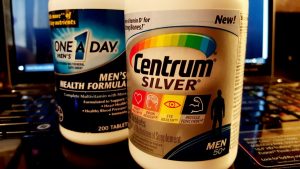
Multivitamin SUPPLEMENT FACTS comparison (on the website)

How to Use the Back Extension Machine for the Obliques : Shaping Up

Bodybuilding biceps exercises with dumbbells — alternate hammer curl

Epilepsy Video – 1

